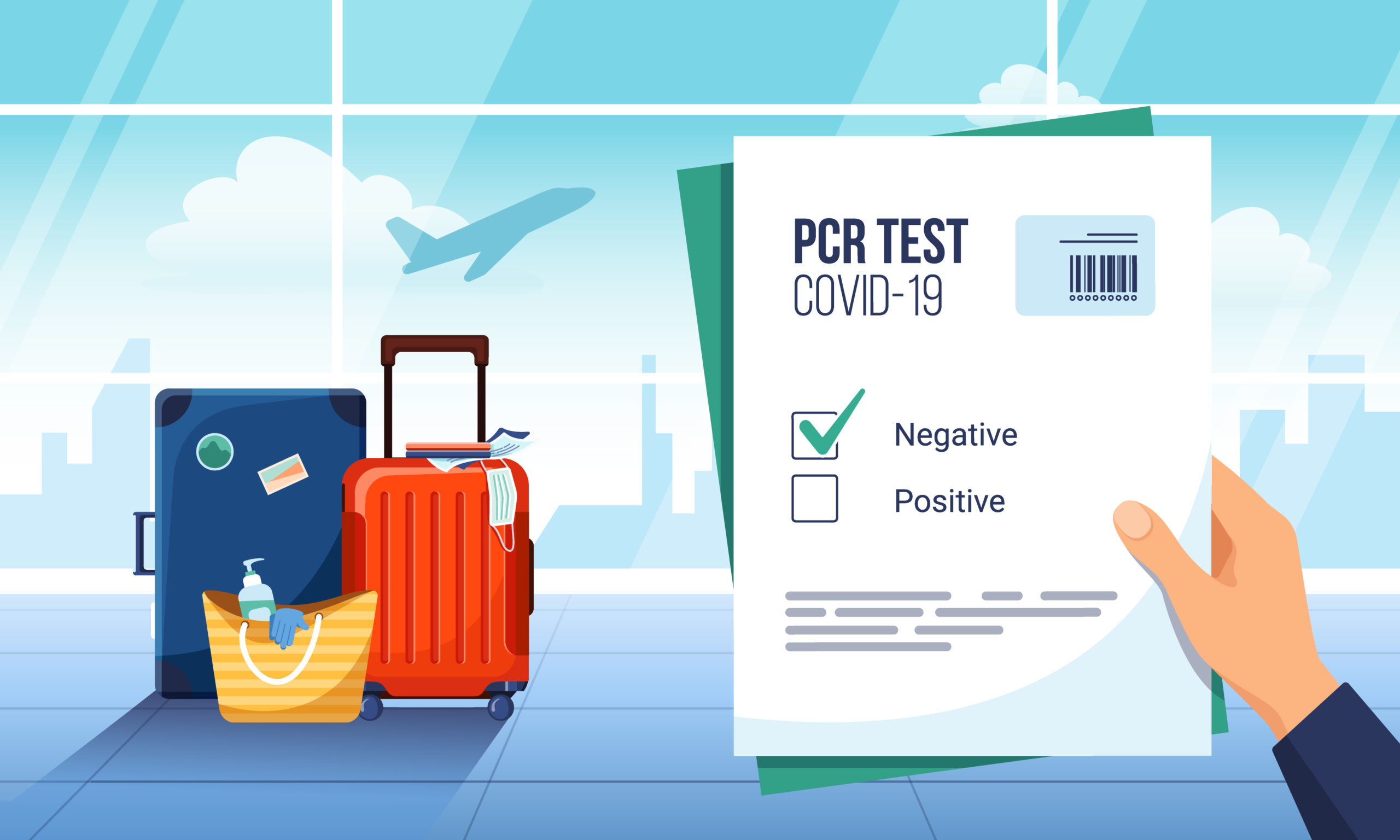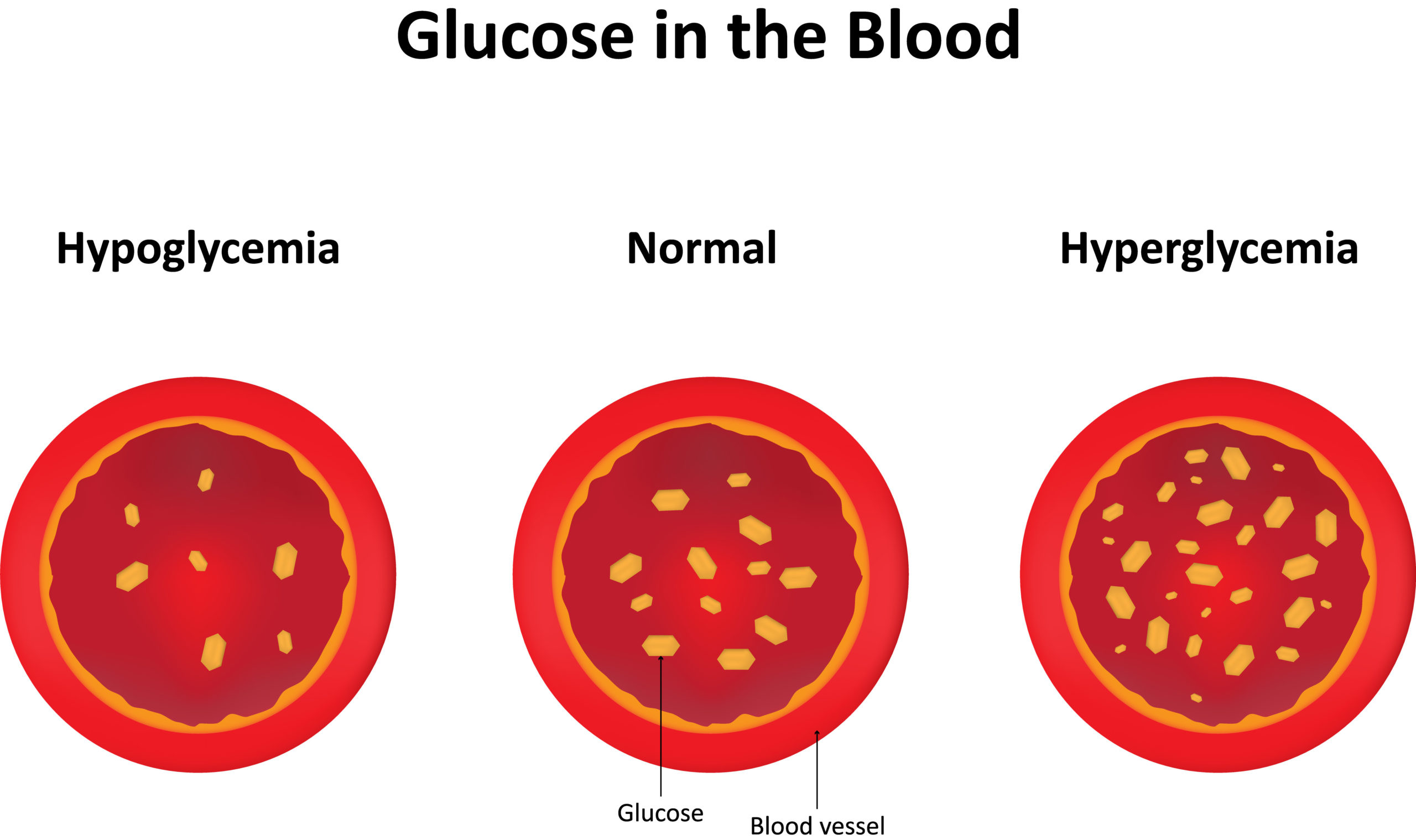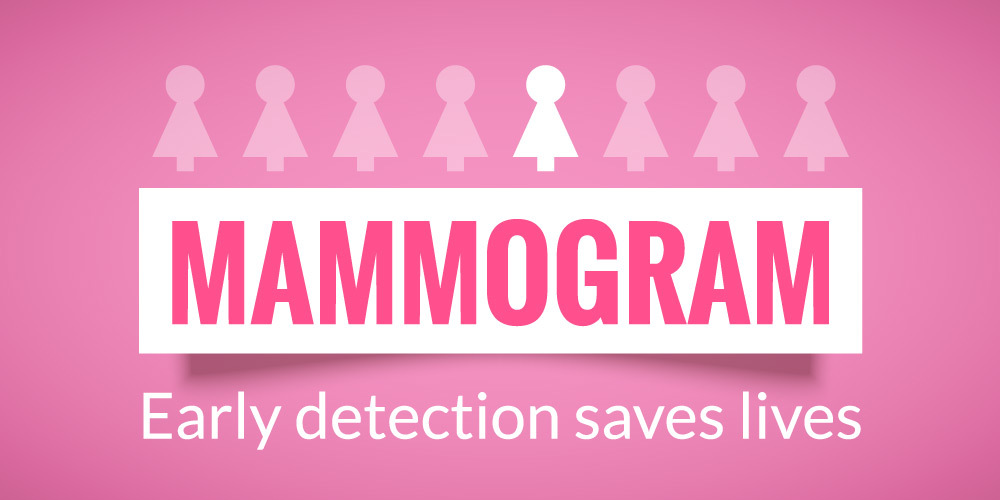6 medical test every 30 plus should be getting
6 Preventive Care Medical Tests Everyone 30+ Should Be Getting
Feb 2, 2023, 9:46:16 AM

6 Preventive Care Medical Tests Everyone 30+ Should Be Getting

As we age, it becomes increasingly important to take proactive steps to maintain our health and well-being. One of the most important things we can do is to schedule regular Medical Tests. After turning 30, these check-ups become even more crucial as our risk for certain diseases and health conditions increases.
In this article, we will discuss some of the most important Medical Tests that one should take after turning 30 to stay on top of their health and catch any potential issues early on.
Blood pressure Medical Tests
A blood pressure check is a test used to measure the force of blood against the walls of the arteries as the heart pumps it through the body. Blood pressure is measured in millimeters of mercury (mmHg) and is reported as two numbers: systolic pressure (the first or top number) and diastolic pressure (the second or bottom number). A normal blood pressure reading is typically around 120/80 mmHg.
Hypertension, or high blood pressure, is a condition in which the blood pressure is consistently elevated above the normal range. It is often called the "silent killer" because it usually has no symptoms, but it can lead to serious health complications such as heart disease, stroke, and kidney failure if left untreated. That's why regular blood pressure check is important after turning 30 as a preventive measure to detect hypertension early on.
Shop & Check your Blood pressure
Home PCR Test

A home PCR test is a type of diagnostic test that can be performed at home to detect the presence of the genetic material of a specific virus or bacteria in a person's nasal or throat swab sample. The PCR (polymerase chain reaction) test is a laboratory technique that amplifies small amounts of DNA to make it easier to detect.
PCR test kits for at-home use have become more widely available in recent months, especially during the COVID-19 pandemic, to increase the number of people tested. The test kit typically includes a swab, a test tube, and instructions on how to collect the sample. The collected sample is then sent to a laboratory for analysis, and results are usually available within a few days.
It's important to note that home PCR tests are not as accurate as lab-based PCR tests and also not all home PCR tests are FDA approved. It's recommended to consult with a healthcare professional before taking a home PCR test, as the results may not be as reliable as those from a lab-based test and a positive result from a home test should be confirmed by a lab-based test. A healthcare professional can advise on whether a test is necessary based on individual symptoms and risk factors.
Lipid Profile
A lipid profile, also known as a cholesterol test, is a blood test used to measure the levels of lipids, such as cholesterol and triglycerides, in the blood. These lipids play a vital role in the health of our cardiovascular system and can affect our risk of heart disease and stroke.
The lipid profile typically measures the following:
- Total cholesterol: the overall amount of cholesterol in the blood
- Low-density lipoprotein (LDL) cholesterol: often referred to as "bad" cholesterol, high levels of LDL cholesterol can increase the risk of heart disease
- High-density lipoprotein (HDL) cholesterol: often referred to as "good" cholesterol, high levels of HDL cholesterol can lower the risk of heart disease
- Triglycerides: a type of fat found in the blood, high levels of triglycerides can also increase the risk of heart disease.
It's important to know that high cholesterol and triglyceride levels can be caused by a variety of factors, including diet, genetics, and lifestyle. Regular lipid profile testing can help identify abnormalities and allow for early intervention to prevent or manage the risk of heart disease and stroke risk.
It is recommended to have lipid profile check-ups at least every 5 years after turning 30 or more frequently if you have high-risk factors such as obesity, a family history of heart disease, smoking, and diabetes.
Blood Sugar Test (Diabetes)
A blood sugar test, also known as a glucose test, is a test used to measure the amount of glucose (a type of sugar) in the blood. Glucose is the primary energy source for the body's cells and is essential for proper functioning.
There are different types of blood sugar tests, including:
Fasting blood sugar (FBS) test: measures the level of glucose in the blood after an overnight fast
Random blood sugar (RBS) test: measures the level of glucose in the blood at any given time, regardless of when the last meal was consumed
Oral glucose tolerance test (OGTT): measures the body's ability to process glucose after consuming a sugary drink
Hemoglobin A1C test: measures the average blood sugar level over the past 2-3 months.
A normal blood sugar level is typically around 70-100 mg/dL (milligrams per deciliter) for FBS and RBS test, less than 140 mg/dL 2 hours after consuming a sugary drink for OGTT, and less than 6% for Hemoglobin A1c test. High blood sugar levels can be an indication of diabetes, a chronic disease characterized by high levels of glucose in the blood due to problems with insulin production or action. Regular blood sugar medical tests are important after turning 30 as a preventive measure to detect diabetes early on and to monitor glucose levels in those who have already been diagnosed with diabetes.

Shop Glucose meter and Keep your health up-to-date
Mammogram
A mammogram is a low-dose X-ray examination of the breast that is used to detect breast cancer in its early stages when it is most treatable. During the Dubai Shopping Festival, it is unlikely that mammograms would be offered as a "shopping item" as it is a medical procedure, typically performed by a radiologist or technologist in a medical facility, and it is not something that you can buy or get a discount on.
It's recommended that women who are 50 years of age or older have a screening mammogram every two years. Women who are at high risk of developing breast cancer, such as those with a strong family history of the disease, may need to begin screening at an earlier age and/or have more frequent mammograms.

If you have any symptoms that concern you or have any questions or concerns about your breast health, you should talk to your healthcare provider. They will be able to advise you on when you should schedule a mammogram and any other tests or screenings that may be appropriate for you.
Prostate cancer screening
Prostate cancer screening typically involves a digital rectal exam (DRE) and a blood test called a prostate-specific antigen (PSA) test. The DRE is a physical examination in which a healthcare provider feels the prostate gland for any abnormalities. The PSA test measures the level of PSA in the blood, a protein produced by the prostate. Elevated levels of PSA may indicate the presence of prostate cancer.
It's important to note that the use of PSA screening for prostate cancer has been a topic of debate, as it can lead to overdiagnosis and overtreatment. It is recommended that men discuss the potential benefits and risks of PSA screening with their healthcare provider, especially if they have a family history of prostate cancer or are at higher risk due to other factors.
In conclusion
There are several preventive care medical tests that everyone 30+ should be getting. It's also important to keep in mind that these recommendations may vary depending on individual risk factors and health history, and it's always best to consult with a healthcare professional to develop a personalized preventive care plan.
Also, you can have your own health monitors for daily medical tests like a glucose meter, and blood pressure monitors.
LATEST BLOG POSTS

How to Choose the Best Effective Cough Syrup
Dec 6, 2024

Enhance Home Care with Essential Health Products from Life Pharmacy
Aug 29, 2024

Managing Diabetes Effectively: Choosing the Best Glucose Monitoring System
Jul 26, 2024

Understanding Diabetes: Causes, Symptoms, and Management
Feb 19, 2024

Everyday Makeup Routine
Sep 5, 2024

Natural Skincare Procedure to Try This Year
Sep 11, 2024

Top Tips to Stay Healthy This Summer
Apr 24, 2025

Best and Worst foods for digestive health
Sep 5, 2024

Everything you need to know about MonkeyPox
Jan 13, 2023
RECOMMENDED PRODUCTS
Added
4.7
IN 30 mins
Added
4.5
IN 30 mins
Added
4.7
IN 30 mins
Added
4.8
IN 30 mins
Added
4.7
IN 30 mins
Added
4.8
IN 30 mins
Added
4.6
Best Seller

أقراص عسل المانوكا 10+ بنكهة الليمون 12 قرص من Nz Health
AED 29.25
AED 39.00
MEMBER PRICE
AED 26.32
IN 30 mins
Added
4.8
IN 30 mins

